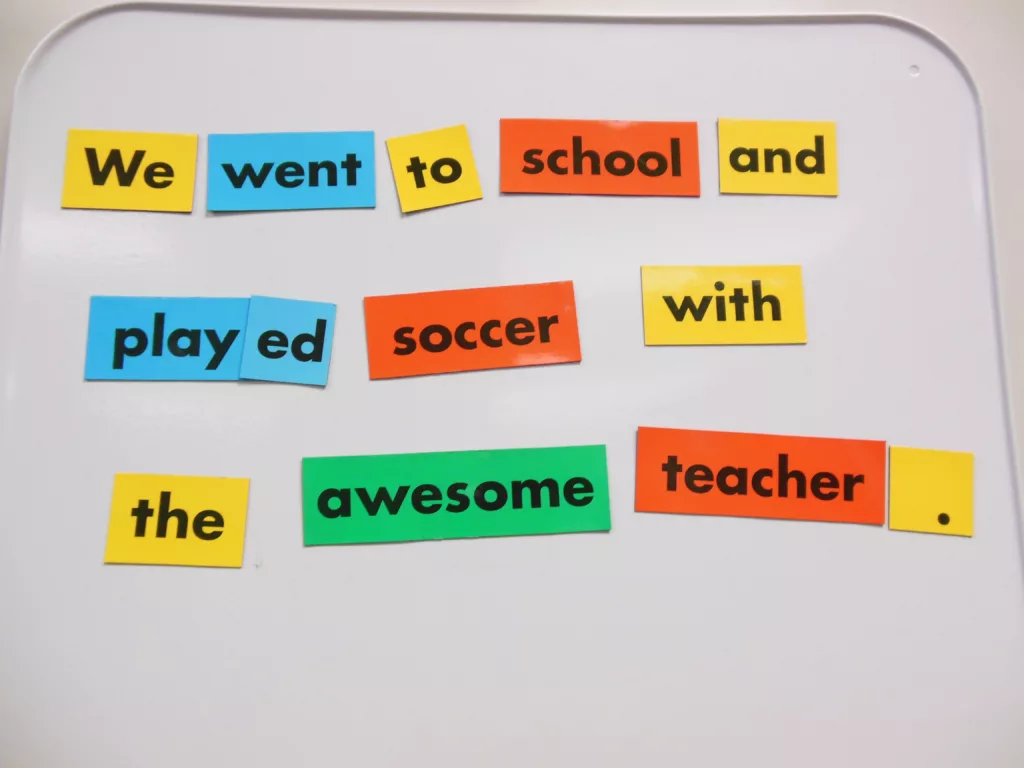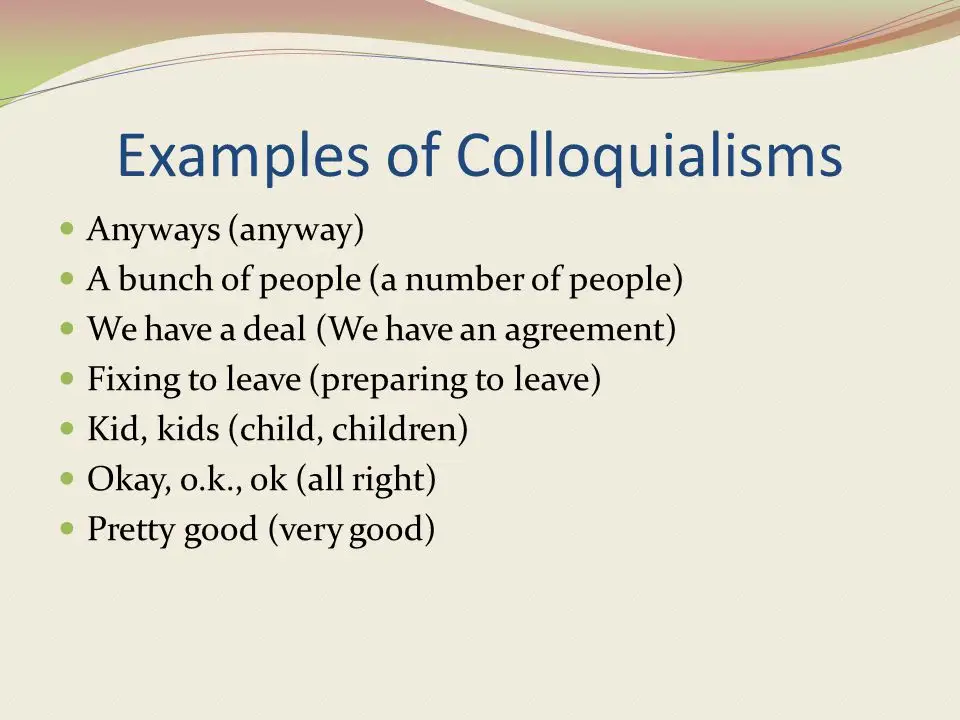Mastering a language, particularly English, can be a daunting task for many. However, the journey to fluency doesn’t have to be painstaking or monotonous. It’s all about adopting the right strategies and techniques that not only make the learning process engaging but also accelerate your progress. In the subsequent sections, we’ll delve into these effective methods used by polyglots, focusing on both American and British English. We’ll explore how to leverage media such as TV shows, movies, and music to enrich your vocabulary, perfect your grammar, and enhance your understanding of colloquial phrases. Get ready to discover a smarter, faster way to master English and communicate with ease and confidence.
The Role of Motivation in Language Learning

Consistent motivation is key in the journey towards mastering the English language. As a learner, maintaining a positive mindset and a strong desire to improve can significantly impact your learning speed and effectiveness. Whether you’re learning American English or British English, staying motivated will help you overcome challenges such as complex grammar rules and extensive vocabulary.
One effective strategy for staying motivated is setting realistic yet challenging goals. For instance, you might aim to learn a certain number of new words each week or strive to read a book in English each month. Setting and achieving these small milestones can provide a sense of accomplishment, boosting your motivation to continue learning.
Immersing yourself in the culture associated with the language can also be a powerful motivator. For instance, consuming English media — such as films, TV shows and music — can enhance your understanding and appreciation of the culture. This, in turn, can make the language learning process more interesting and enjoyable, giving you a further incentive to improve your skills.
Incorporating English into Daily Life

One effective strategy towards fluency is incorporating English into your daily life. It means creating an immersive language learning environment where you regularly interact with the language, such as reading English books, listening to English music, watching English TV shows and movies, or even playing video games in English.
Incorporating English into your daily conversations can also prove beneficial. Try to engage in discussions in English, no matter how trivial the topic. Regular practice of speaking English can drastically improve your fluency and boost your confidence. In addition, consider keeping a daily journal in English. This can help in enhancing your writing skills and expanding your vocabulary.
The Power of Active Listening

Regardless of the type of English you’re learning, active listening plays a vital role in understanding pronunciation, intonation, and rhythm of the language. It involves paying close attention to spoken English, which can be done by listening to native speakers in real-life situations or through audio-visual media like movies or TV shows.
Active learning doesn’t just stop at listening; it also includes mimicking the sounds, rhythms, and intonations used by native speakers. This process, known as ‘shadowing’, can greatly improve your pronunciation and accent. You can slow down the speed of the recordings if they’re too fast initially, gradually increasing it as you gain more confidence and fluency.
Speaking Practice: The Cornerstone of Fluency

To become fluent in any language, including English, one must practice speaking regularly. It provides an opportunity to apply learned vocabulary and grammar rules, and helps in gaining confidence in using the language. Regular conversation with native speakers, or even practicing alone can significantly improve your spoken English.
Taking communication to the next level, consider participating in English debates or discussions. This will help you think on your feet, expanding your vocabulary and enhancing your fluency. Public speaking engagements, such as participating in English speech contests or presenting in English at school or work, can also provide valuable speaking practice. Remember, don’t get discouraged by mistakes, as they are part of the learning process.
Enhancing Vocabulary through Reading

Reading is an excellent way to expand your English vocabulary. Be it American English or British English, engaging with written works exposes you to a plethora of new words and phrases, which can be incorporated into your daily vocabulary. Be sure to choose reading materials that match your current level of understanding, and gradually increase the difficulty as you progress.
To get the most out of reading, keep a vocabulary journal where you note down new words encountered while reading. This can help in memorizing new words and their usage, making them easier to recall when needed.
Grammar Mastery through Contextual Learning

Grammar is the backbone of any language and English is no exception. However, rote learning of grammar rules can be tedious. An effective alternative is contextual learning, where you learn grammar by understanding its usage in sentences and paragraphs, making the learning process more relatable and memorable.
In addition to reading, watching English shows and movies can also help you grasp grammar concepts in a natural manner. Another useful strategy is keeping a grammar journal where you note down any new rules or exceptions encountered while learning, allowing you to revise and reinforce your knowledge regularly.
The Role of Repetition in Language Retention

Repetition is a crucial aspect of language learning. Revisiting vocabulary, phrases, or grammar rules helps reinforce learning and aids long-term memory. Regular review sessions should be a part of your English learning schedule to ensure that what you’ve learned is not forgotten.
In addition to the aforementioned strategies, emotional intelligence can play a significant role in language acquisition. Understanding your emotions and learning to manage them can help you cope with the frustration and anxiety often associated with learning a new language. Encourage positivity and resilience, and remember to celebrate your progress no matter how small.
The Importance of Regular Assessment

Assessing your progress regularly is an integral part of the language learning journey. These assessments can take various forms such as quizzes, informal conversations with native speakers, or writing exercises. They help identify areas that need improvement and allow you to adjust your learning strategies accordingly.
In conclusion, successful language acquisition requires consistent effort and dedication. By incorporating English into your daily life, actively listening, regularly practicing speaking, enhancing vocabulary through reading, mastering grammar through contextual learning, reiterating knowledge through repetition and assessing progress regularly; you can make significant strides towards fluency
Utilizing Technology in Language Learning

In today’s digital age, technology can greatly aid language learning. There are numerous online resources, apps, and platforms that offer interactive and engaging tools for learning English. These resources can provide practice exercises, tests, and even connect you with native speakers for conversation practice. Utilizing technology can make learning English both accessible and enjoyable.
One of the most effective methods for language acquisition is immersion. This involves immersing yourself in an environment where English is the primary language spoken, allowing you to hear, speak, read, and write it on a daily basis. It’s an excellent way to build fluency
The Benefit of Learning Colloquial Phrases

To sound like a native speaker, understanding colloquial phrases is essential. These phrases, often informal and region-specific, can help you understand the culture and informal speech patterns of native English speakers, making your English sound more natural and fluent.
To learn colloquial phrases, make use of resources such as podcasts, YouTube channels, and social media platforms where native speakers share their everyday conversations and interactions. Practice using these phrases in your own conversations to become more comfortable with them.
In summary, language learning is an ongoing process that requires dedication and variety in learning strategies. By actively listening, practicing speaking, reading
The Importance of Consistency in Language Learning

Consistency is arguably the most important aspect of mastering a language. Regular practice, be it reading, writing, listening, or speaking, is critical to language acquisition. Consistency ensures steady progression and keeps the language fresh in your mind, helping you reach fluency faster. It also helps build confidence and reduces the chances of forgetting previously learned material. By setting aside a fixed amount of time each day for English practice, you can maintain consistency and make steady progress towards your language goals.

